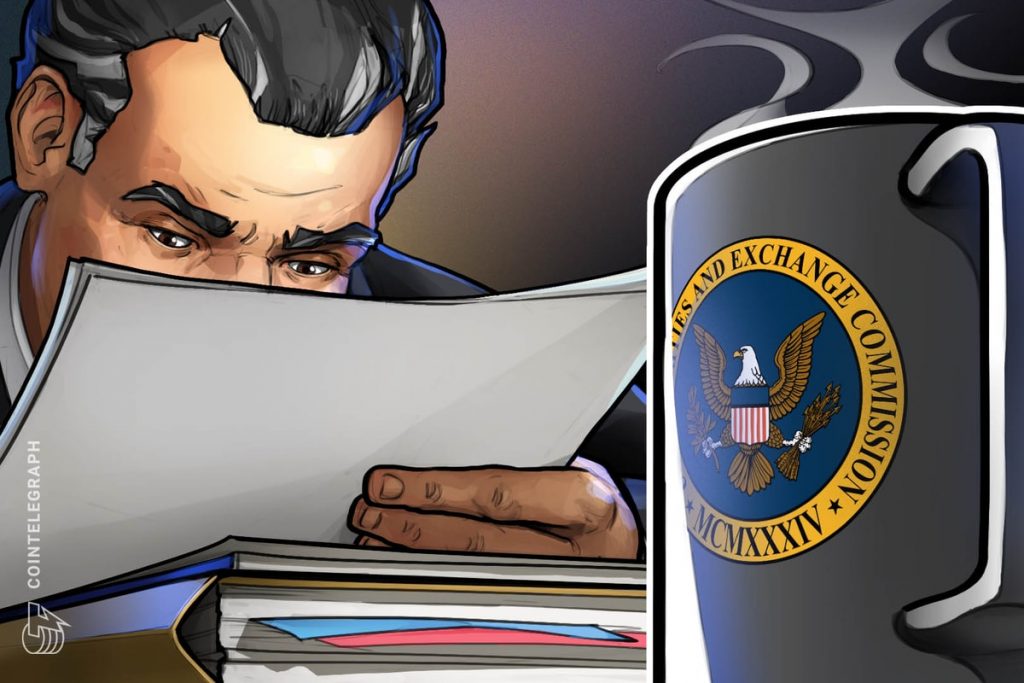Tai Mo Shan, a subsidiary of Jump Crypto, agreed to settle with the United States Securities and Exchange Commission (SEC) for $123 million on Dec. 20 for misleading investors about the stability of the TerraUSD (UST) algorithmic stablecoin before its collapse.
According to the SEC, Tai Mo Shan penned an agreement with Terraform to purchase Terra LUNA (LUNA) at a steep discount in 2021. Tai Mo Shan then purchased roughly $20 million in UST to maintain the algorithmic stablecoin’s 1:1 peg with the US dollar. SEC chairman Gary Gensler said this about the collapse of UST:
“The impact reverberated throughout the crypto markets, eventually costing the savings of countless investors. Regardless of the labels, crypto market participants should comply with the securities laws where applicable and not deceive the public.”
TerraUSD’s collapse in May 2022 sent shockwaves through the crypto community and had a significant impact on stablecoin regulation like the Lummis-Gillibrand Stablecoin Act of 2024, which prohibits algorithmic stablecoins.
Approval of the settlement offer between Tai Mo Shan and the SEC. Source: SEC
Related: Stablecoins will see explosive growth in 2025 as world embraces asset class
The TerraUSD collapse
TerraUSD, an algorithmic stablecoin that maintained its peg with the US dollar through software and digital asset collateral, collapsed in May 2022. At the time, TerraUSD was the third-largest stablecoin by market capitalization.
The descent of the algorithmic stablecoin began on May 8, 2022, when a whale dumped approximately $285 million in UST. This caused UST to lose its 1:1 dollar peg and trade at a spot price of $0.98.
On May 10, 2022, TerraUSD crashed to $0.67, causing a cascade of liquidations among long-leveraged traders and creating more fear, uncertainty, and doubt among investors.
Amid UST’s freefall, the market capitalization of the algorithmic stablecoin became significantly larger than the underlying LUNA reserves acting as collateral for UST.
This signaled that the algorithmic stablecoin did not have sufficient underlying reserves backing it — leading to a complete collapse of the price of UST as investors panic-sold UST holdings.
The collapse of UST and the ensuing fallout led to a formal investigation of Terraform Labs and founder Do Kwon from US federal authorities culminating in charges and a steep settlement of $4.4 billion.
Magazine: Unstablecoins: Depegging, bank runs and other risks loom


